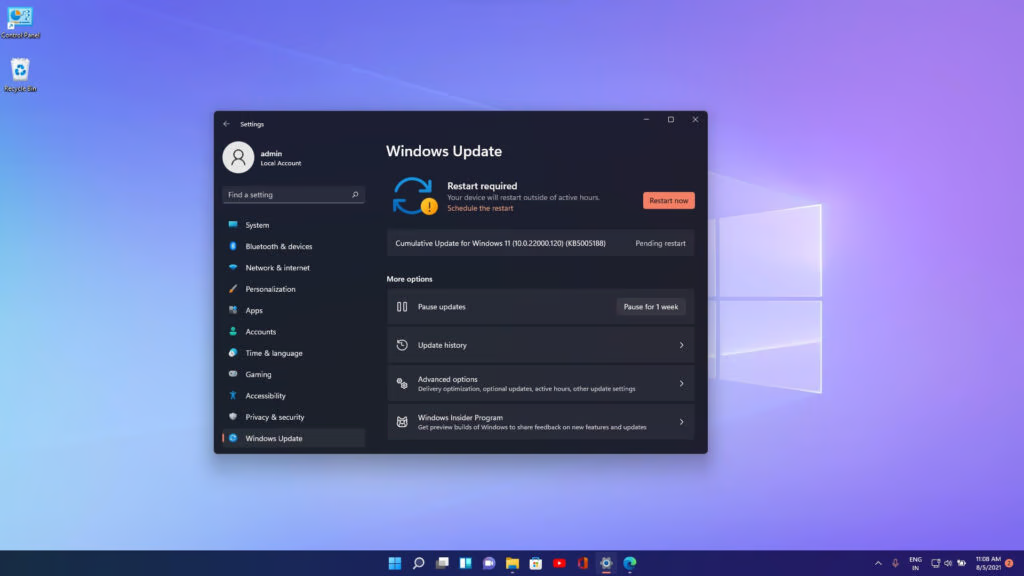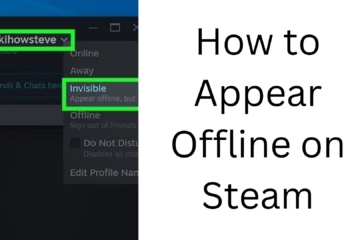A quick search on Bing and Google has news articles claiming that Microsoft has dropped Windows 11 24H2 support for Intel 8th, 9th, and 10th Generation chips. This is not correct. In a statement to Windows Latest, Microsoft confirmed that Windows 11 hardware requirements had not changed since 2021.
Windows 11 24H2 requirements are also the same unless you’re looking for AI features, which require NPU. But what’s all the buzz about?
Windows 11’s hardware requirements are officially listed on Microsoft’s OEM website, so you can easily see what it takes to run Windows 11, including 24H2. On 13th February 2025, Microsoft updated its OEM support document titled “Windows 11 version 24H2 supported Intel processors” to include new information about 24H2.
The first noteworthy change is that Microsoft has renamed the document to mention the Windows 11 24H2 release. Second, the list of supported processors does not include “8th gen, 9th gen, and 10th generation Intel” chips. This led some people to believe that older Intel chips are no longer officially supported for “Windows 11 24H2.“

However, the catch is that these support documents aren’t meant for consumers.
They’re a requirement sheet for PC makers like HP and Lenovo to consider building new PCs with newer processors, so they do not list 8th-gen, 9th-gen, and 10th-gen processors.
As seen in the above screenshot, Microsoft has mentioned “OEMs may use the following CPUs for new Windows 11 devices. New Windows 11 devices must use modern device drivers that have passed the Windows Hardware Compatibility Program for Windows 11.
Microsoft’s document lists the hardware requirements for OEMs, and apparently, they don’t include older chips because Microsoft or Intel don’t want PC manufacturers to build PCs with 8th-gen processors in 2025.
This makes sense, right?
It is also important to note that this is not a new “practice”. OEM documentation is always updated to recommend newer CPUs, like 12th-gen processors, for building new PCs. It also occurred with Windows 7, 8.1, 10, and now 11.
You’ll still find the 8th gen, 9th generation, and 10th processors listed as supported when you open the Windows 11 22H2/23H2 supported/recommended CPUs page for OEMs. These CPUs are missing from the Windows 11 24H2 document because it doesn’t make sense to recommend older chips to OEMs in 2025.
Microsoft denies claims
Windows Latest reached out to Microsoft to understand if there has been any change in the plans, and the company told me “requirements haven’t changed”.
The company is also not blocking anybody from installing Windows 11 24H2 on any device, even if it’s not officially supported or recommended.
Consumers can use Windows 11 officially as long as they have TMP 2.0. Even if your device does not have a TPM, you can circumvent the requirements by modifying the registry.
TLDR: If you come across any article claiming that Windows 11 24H2 does not support 8th, 9th, 10th, or 11th gen processors, don’t fall for it.












